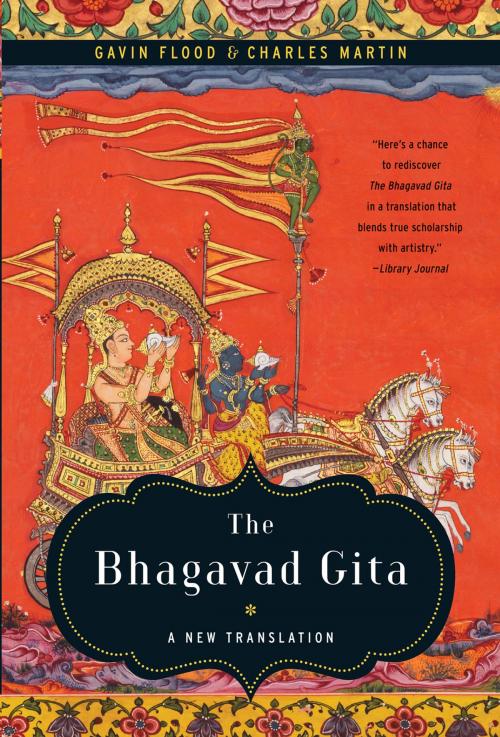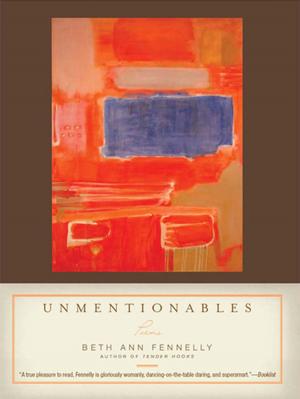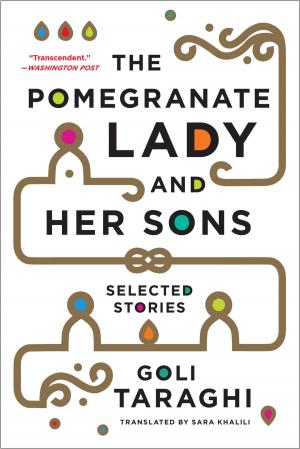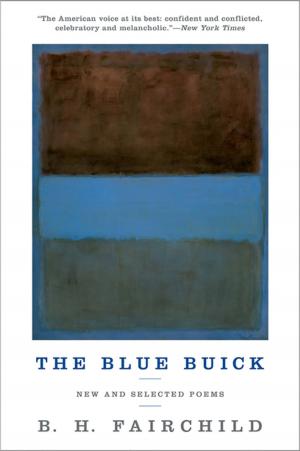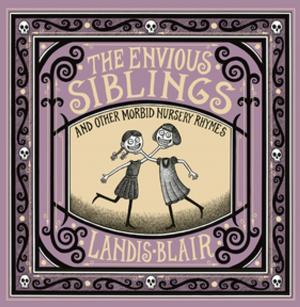The Bhagavad Gita: A New Translation
Nonfiction, Religion & Spirituality, Eastern Religions, Hinduism| Author: | ISBN: | 9780393083859 | |
| Publisher: | W. W. Norton & Company | Publication: | April 2, 2012 |
| Imprint: | W. W. Norton & Company | Language: | English |
| Author: | |
| ISBN: | 9780393083859 |
| Publisher: | W. W. Norton & Company |
| Publication: | April 2, 2012 |
| Imprint: | W. W. Norton & Company |
| Language: | English |
The Bhagavad Gita, the Song of the Lord, is an ancient Hindu scripture about virtue, presented as a dialogue between Krishna, an incarnation of God, and the warrior Arjuna on the eve of a great battle over succession to the throne.
This new verse translation of the classic Sanskrit text combines the skills of leading Hinduist Gavin Flood with the stylistic verve of award-winning poet and translator Charles Martin. The result is a living, vivid work that avoids dull pedantry and remains true to the extraordinarily influential original. A devotional, literary, and philosophical masterpiece of unsurpassed beauty and imaginative relevance, The Bhagavad Gita has inspired, among others, Mahatma Gandhi, J. Robert Oppenheimer, T. S. Eliot, Christopher Isherwood, and Aldous Huxley. Its universal themes—life and death, war and peace, sacrifice—resonate in a West increasingly interested in Eastern religious experiences and the Hindu diaspora.
The Bhagavad Gita, the Song of the Lord, is an ancient Hindu scripture about virtue, presented as a dialogue between Krishna, an incarnation of God, and the warrior Arjuna on the eve of a great battle over succession to the throne.
This new verse translation of the classic Sanskrit text combines the skills of leading Hinduist Gavin Flood with the stylistic verve of award-winning poet and translator Charles Martin. The result is a living, vivid work that avoids dull pedantry and remains true to the extraordinarily influential original. A devotional, literary, and philosophical masterpiece of unsurpassed beauty and imaginative relevance, The Bhagavad Gita has inspired, among others, Mahatma Gandhi, J. Robert Oppenheimer, T. S. Eliot, Christopher Isherwood, and Aldous Huxley. Its universal themes—life and death, war and peace, sacrifice—resonate in a West increasingly interested in Eastern religious experiences and the Hindu diaspora.
